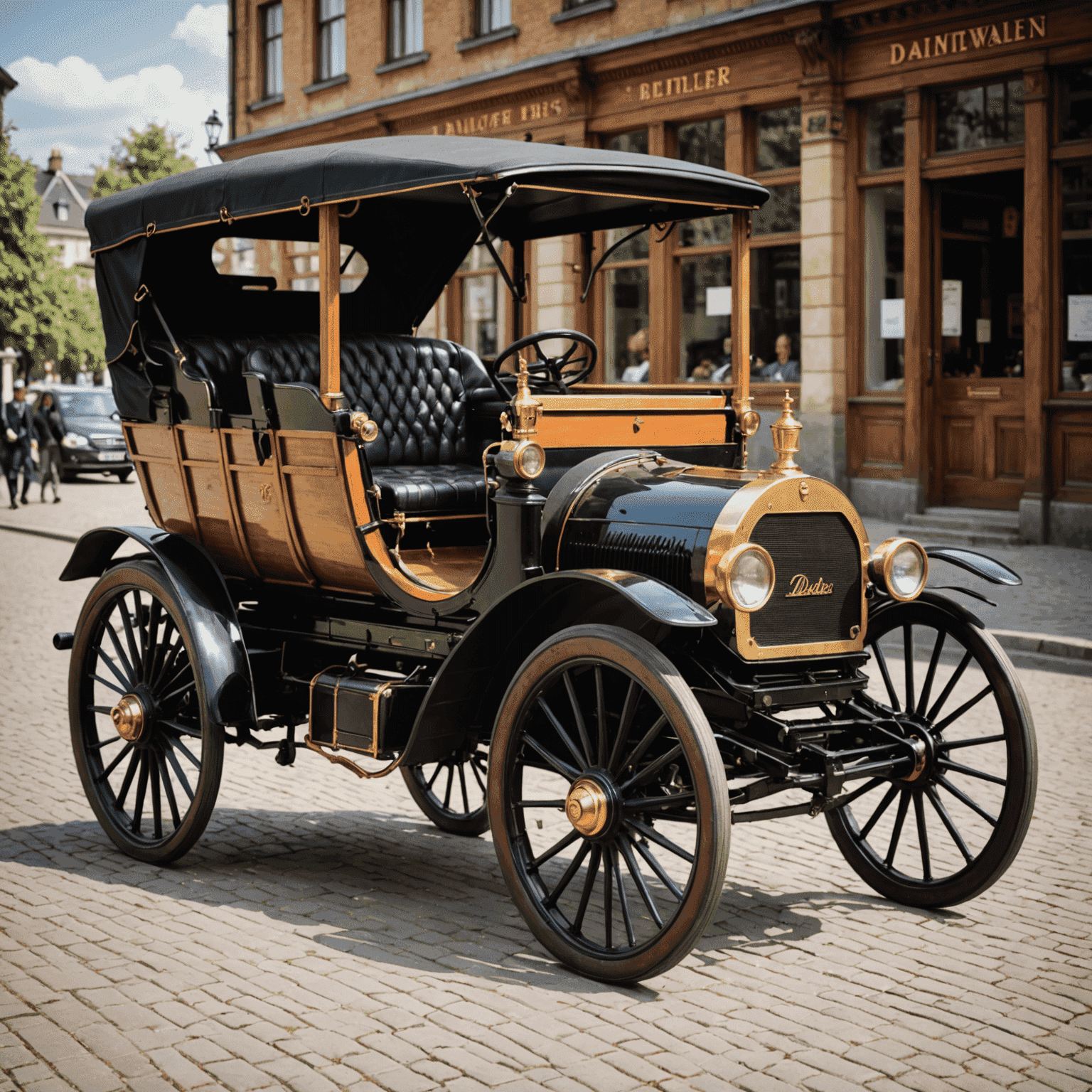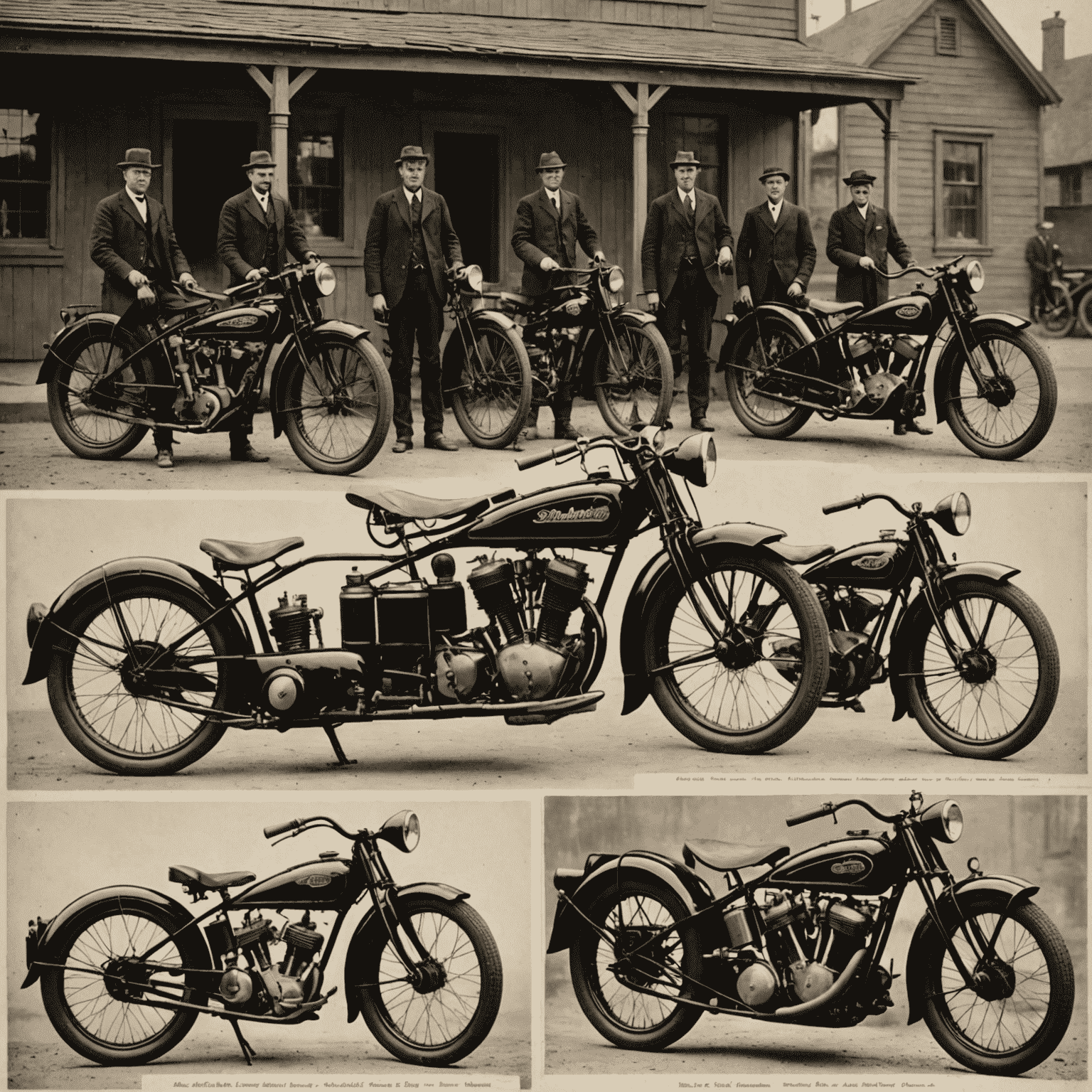The Birth of the Motorcycle
The story of the motorcycle begins in the late 19th century, a time of rapid technological advancement and innovation. From humble beginnings as steam-powered bicycles to the roaring machines we know today, the evolution of motorcycles is a testament to human ingenuity and the pursuit of speed.
The Steam-Powered Predecessors
The earliest attempts at motorized two-wheelers were steam-powered. In 1867, American inventor Sylvester Howard Roper created what is often considered the first steam-powered velocity, essentially a steam engine mounted on a bicycle frame.

The Dawn of Internal Combustion
The real breakthrough came with the development of the internal combustion engine. In 1885, Gottlieb Daimler and Wilhelm Maybach created the "Reitwagen" (riding car), often credited as the world's first true motorcycle.

Early Pioneers
Following Daimler's invention, other pioneers quickly entered the scene. The Hildebrand & Wolfmüller became the first motorcycle available for purchase in 1894. In North America, the Orient-Aster, built by the Metz Company in Waltham, Massachusetts, became one of the first production motorcycles in 1898.
1867
Roper's steam velocipede
1885
Daimler Reitwagen
1894
Hildebrand & Wolfmüller
1898
Orient-Aster
The Turn of the Century: Rapid Development
As the 20th century dawned, motorcycle development accelerated rapidly. Companies like Indian Motorcycle Company (1901) and Harley-Davidson (1903) were founded, laying the groundwork for the American motorcycle industry.

These early motorcycles were essentially motorized bicycles, with engines mounted within the frame. However, they quickly evolved, with more powerful engines, better suspensions, and improved controls. The stage was set for motorcycles to become a significant mode of transportation and a cultural icon.
Legacy of the Early Days
The birth of the motorcycle laid the foundation for an industry that would go on to shape transportation, sports, and culture worldwide. From these humble beginnings, motorcycles evolved into diverse forms - from nimble street bikes to powerful cruisers, each tracing its lineage back to these pioneering machines.
As we look back at the birth of the motorcycle, we see not just the evolution of a machine, but the birth of a passion that continues to drive innovation and inspire riders around the globe.